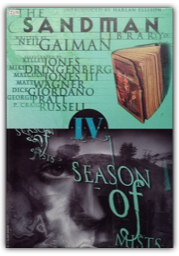
In many ways, Season of Mistsis the pinnacle of the Sandman experience. After a brief intermission of four short stories (collected as Dream Country) Gaiman continued the story of the Dream King that he began in the first two volumes. Here in volume 4, we find out about the rest of Dream's Endless family (Desire, Despair, Destiny, Delirium, Death, and a seventh missing sibling). We find out the story behind Nada, Dream's first love, whom we met only in passing during Dream's visit to hell in the first book. When Dream goes back to hell to resolve unfinished business with Nada, he finds her missing along with all of the other dead souls. The answer to this mystery lies in Lucifer's most uncharacteristic decision—a delicious surprise. 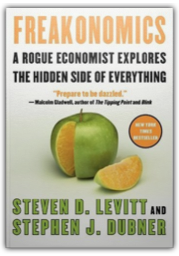
Economics is not widely considered to be one of the sexier sciences. The annual Nobel Prize winner in that field never receives as much publicity as his or her compatriots in peace, literature, or physics. But if such slights are based on the notion that economics is dull, or that economists are concerned only with finance itself, Steven D. Levitt will change some minds. In Freakonomics(written with Stephen J. Dubner), Levitt argues that many apparent mysteries of everyday life don't need to be so mysterious: they could be illuminated and made even more fascinating by asking the right questions and drawing connections. For example, Levitt traces the drop in violent crime rates to a drop in violent criminals and, digging further, to the Roe v. Wade decision that preempted the existence of some people who would be born to poverty and hardship. Elsewhere, by analyzing data gathered from inner-city Chicago drug-dealing gangs, Levitt outlines a corporate structure much like McDonald's, where the top bosses make great money while scores of underlings make something below minimum wage. And in a section that may alarm or relieve worried parents, Levitt argues that parenting methods don't really matter much and that a backyard swimming pool is much more dangerous than a gun. These enlightening chapters are separated by effusive passages from Dubner's 2003 profile of Levitt in The New York Times Magazine, which led to the book being written. In a book filled with bold logic, such back-patting veers Freakonomics, however briefly, away from what Levitt actually has to say. Although maybe there's a good economic reason for that too, and we're just not getting it yet. —John Moe 
From "2001: A Space Odyssey" to "Eyes Wide Shut," Kubrick's impact on the film industry is explained, and a handy reference section lists all the far weightier books on the subject. 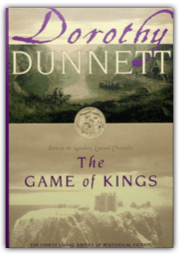
Praised for her historical fiction by critics and devoted fans alike, author Dorothy Dunnett's Lymond Chroniclestook the romance world by storm some 30 years ago, firmly fixing Dunnett's reputation as a master of the historical romance. The Game of Kings, the first story in The Lymond Chronicles, sets the stage for what will be a sweeping saga filled with passion, courage, and the endless fight for freedom. The setting is 1547, in Edinborough, Scotland. Francis Crawford of Lymond returns to the country despite the charge of treason hanging over his head. Set on redeeming his reputation, He leads a company of outlaws against England as he fights for the country he loves so dearly. Dangerous, quick-witted, and utterly irresistible, Lymond is pure pleasure to watch as he traverses 16th-century Scotland in search of freedom. The Game of Kingsis a must-have for the historical romance connoisseur. |
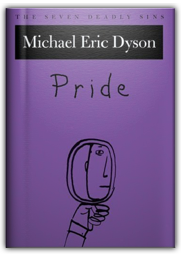
Of the seven deadly sins, pride is the only one with a virtuous side. It is certainly a good thing to have pride in one's country, in one's community, in oneself. But when taken too far, as Michael Eric Dyson shows in Pride, these virtues become deadly sins. Dyson, named by Ebony magazine as one of the 100 most influential African Americans, here looks at the many dimensions of pride. Ranging from Augustine and Aquinas, MacIntyre and Hauerwas, to Niebuhr and King, Dyson offers a thoughtful, multifaceted look at this "virtuous vice." He probes the philosophical and theological roots of pride in examining its transformation in Western culture. Dyson discusses how black pride keeps blacks from being degraded and excluded by white pride, which can be invisible, unspoken, but nonetheless very powerful. Dyson also offers a moving glimpse into the teachers and books that shaped his personal pride and vocation. Dyson also looks at less savory aspects of national pride. Since 9/11, he notes, we have had to close ranks. But the collective embrace of all things American, to the exclusion of anything else, has taken the place of a much richer, much more enduring, much more profound version of love of country. This unchecked pride asserts the supremacy of America above all others—elevating our national beliefs above any moral court in the world—and attacking critics of American foreign policy as unpatriotic and even traitorous. Hubris, temerity, arrogance—the unquestioned presumption that one's way of life defines how everyone else should live—pride has many destructive manifestations. In this engaging and energetic volume, Michael Eric Dyson, one of the nation's foremost public intellectuals, illuminates this many-sided human emotion, one that can be an indispensable virtue or a deadly sin. 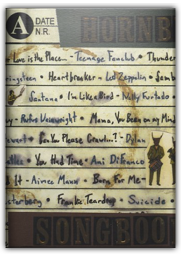
The personal essays in Nick Hornby's Songbookpop off the page with the immediacy and passion of an artfully arranged mix-tape. But then, who better to riff on 31 of his favorite songs than the author of that literary music-lover's delight, High Fidelity? |

My Library
Collection Total:
1165 Items
1165 Items
Last Updated:
Sep 9, 2009
Sep 9, 2009

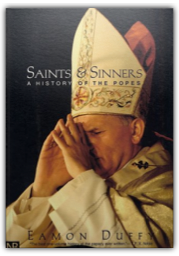
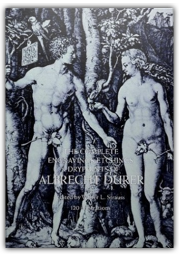
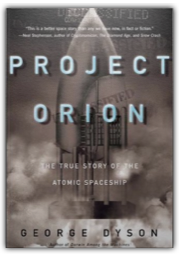
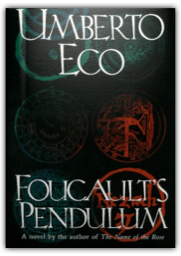
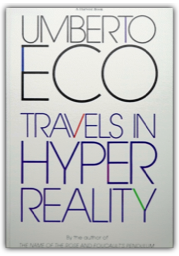
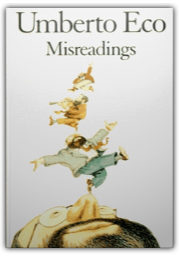

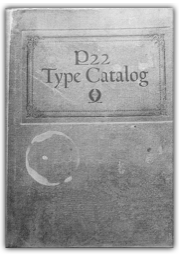
 Made with Delicious Library
Made with Delicious Library